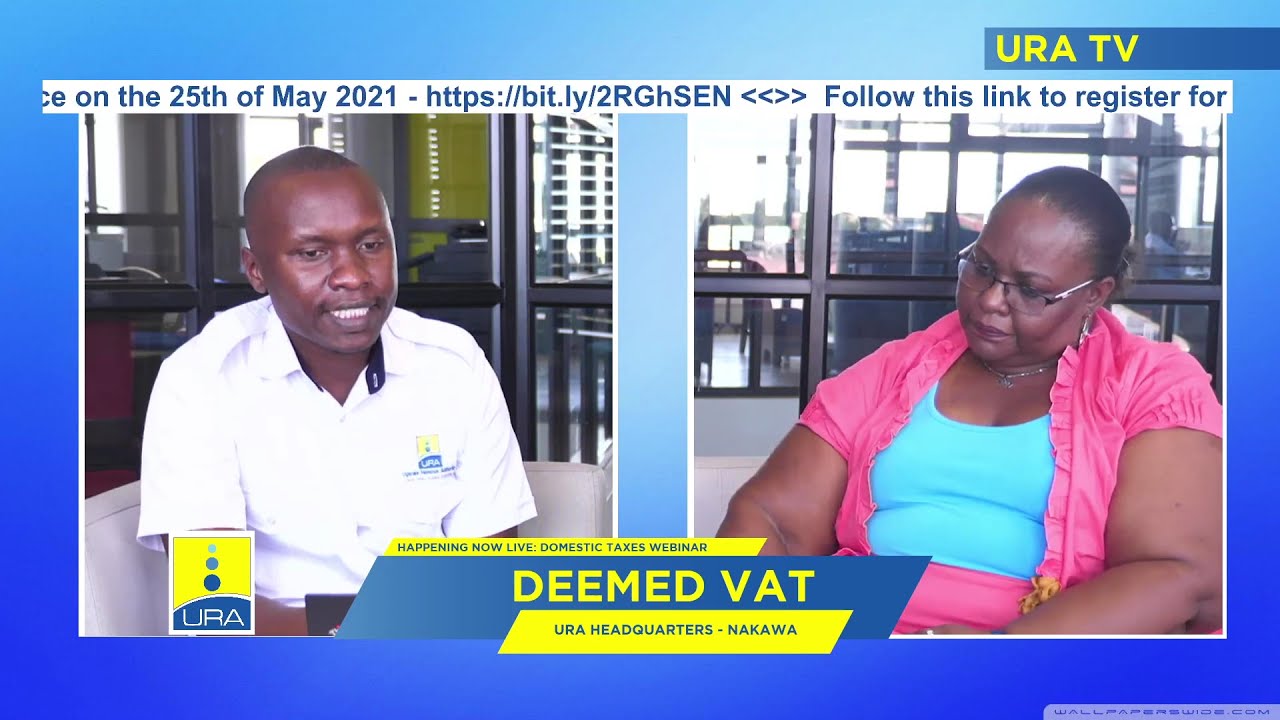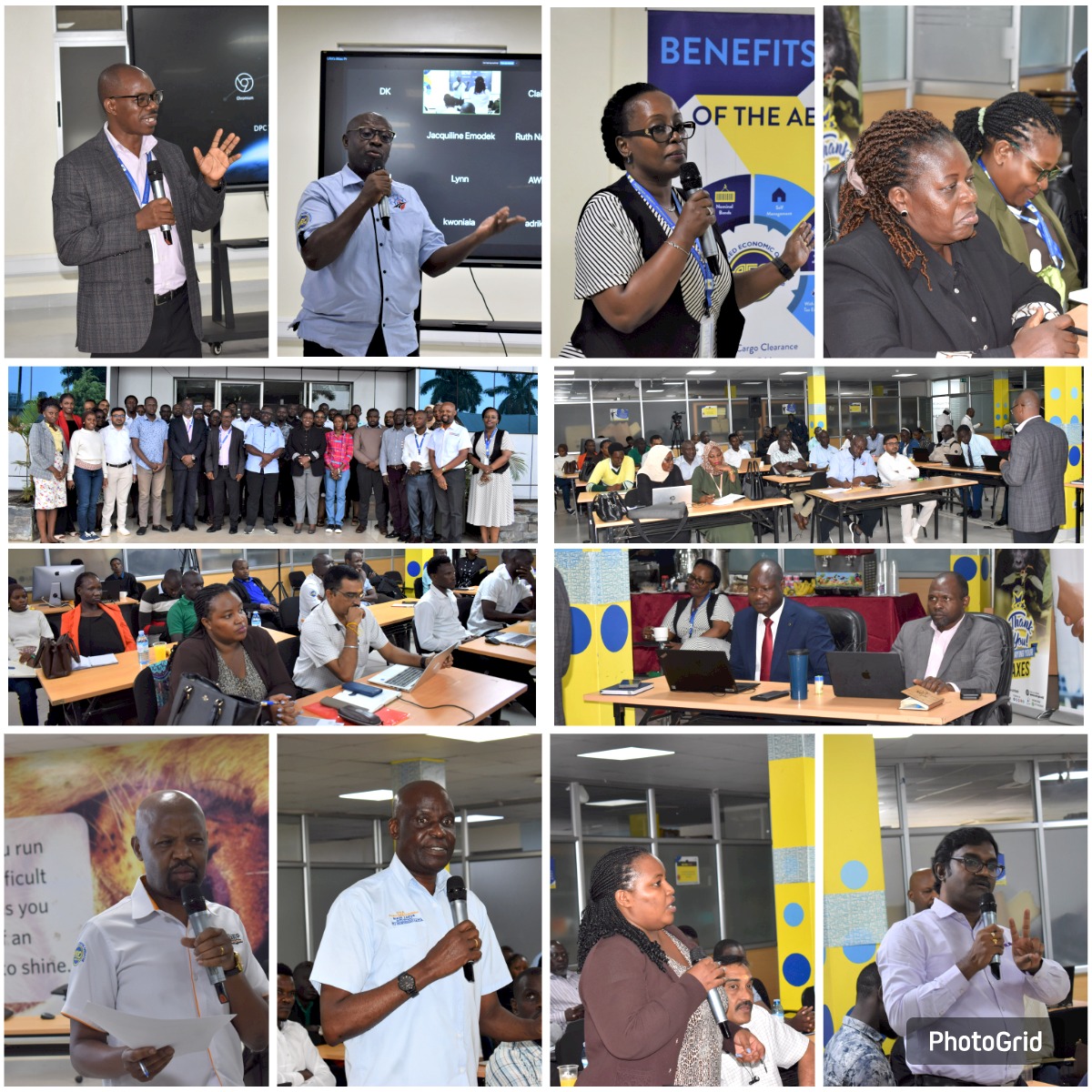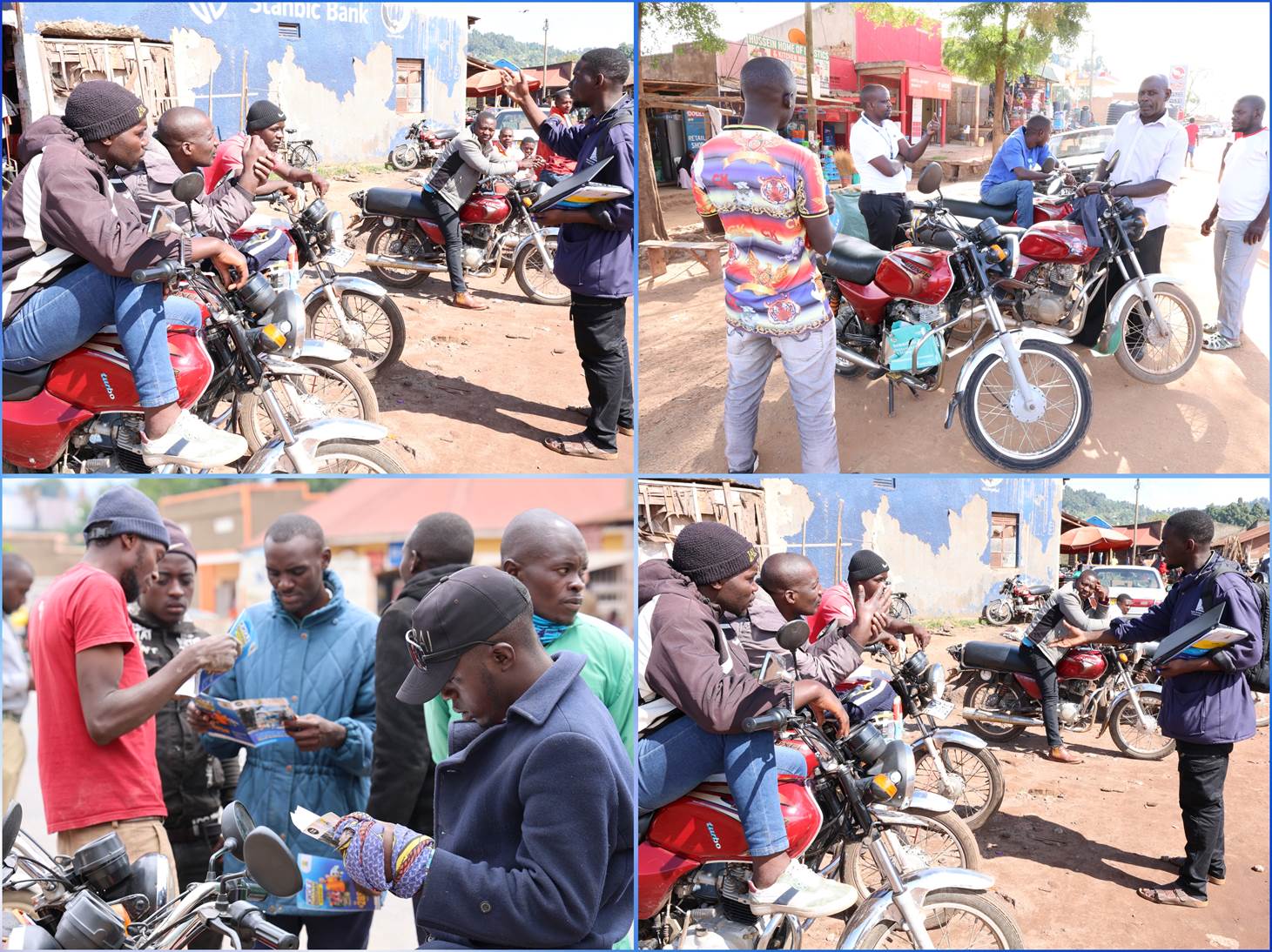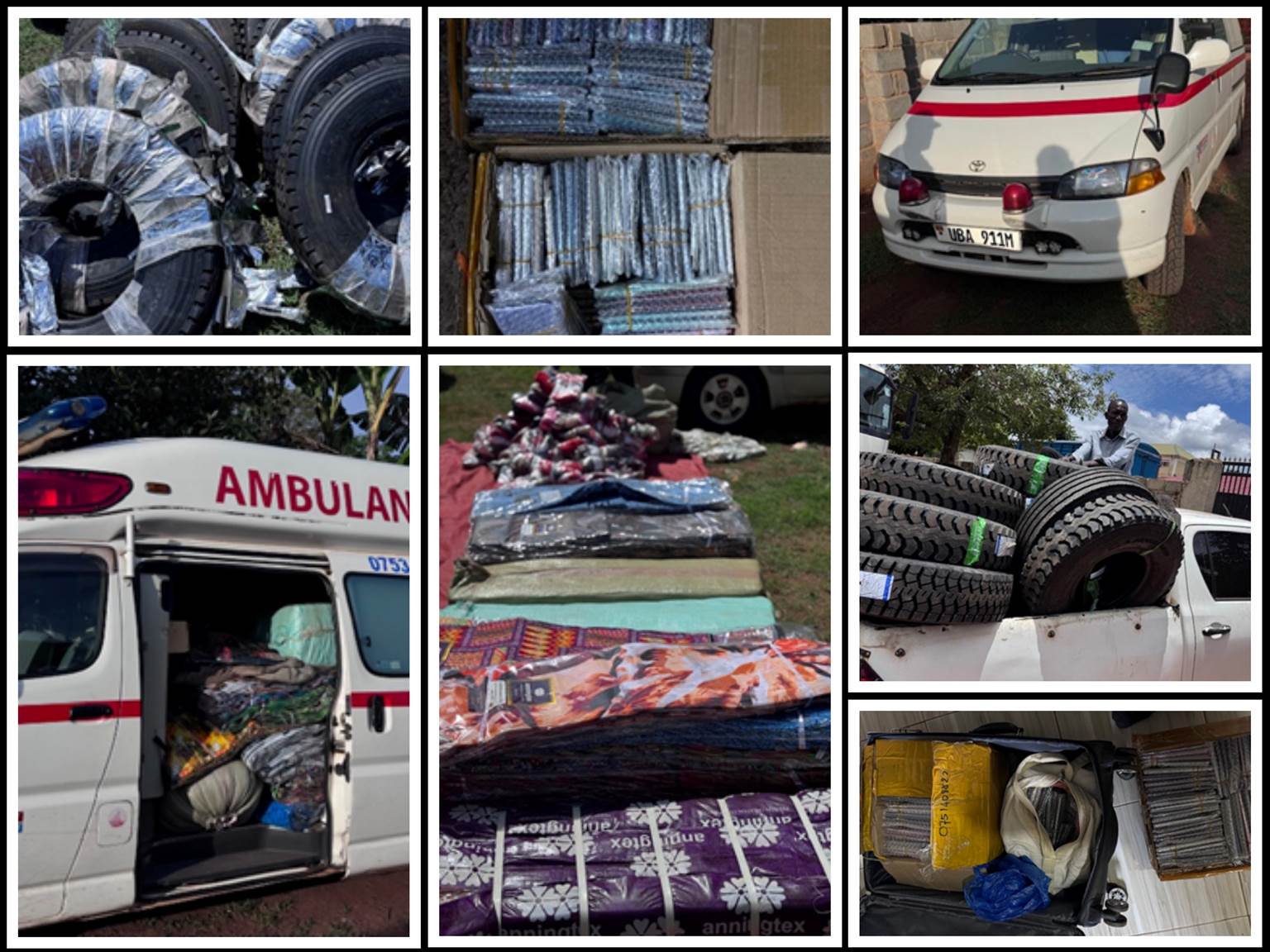The deemed VAT provisions were inserted in the law to support the fundamentals of Uganda’s Economy as explained below.
Table 1: Rationale for the deemed VAT Provision
| Sn | Provision of the Law | Beneficiary | Rationale |
| 1. | Section 24(5) of the VAT Act Inserted by VAT (Am) Act of 2015 | Licensee undertaking mining or petroleum operations | The provision was aimed at relieving the licensees of the burden of VAT incurred on taxable supplies to them during exploration and development of the mining or petroleum operations. |
| 2. | Section 24(6) of the VAT Act Inserted by VAT (Am) Act of 2016 | Contractor executing an aid-funded projects | This was triggered by the existing EACCMA provision which provides tax exemption on import of goods and equipment for use in aid-funded projects. Contractors opted to import all materials for the projects hence crippling the manufacturing sector especially construction materials. In a bid to support the growing manufacturing sector and reduce the cost of locally produced materials for aid-funded projects, the provision was extended to supplies to contractors executing aid-funded projects. |
| 3. | Section 24(7) of the VAT Act Inserted by VAT (Am) Act of 2017 | Government ministry, department or agency | This was intended to relieve the Government of Uganda of the requirement to pay VAT on contracts for aid-funded projects as part of signed funding agreements with donors or financiers. |
Sources: Laws of the Republic of Uganda and repository
- Who benefits from the deemed VAT Provision?
- Licensees
- Contractors, and
- Government ministries, departments or agencies.
For a taxable supply to qualify for the deemed VAT provision, three conditions must be met:
- The recipient of the supply is recognized as a licensee undertaking mining or petroleum operations or;
- The recipient of the supply is recognized as a beneficiary on an on-going aid-funded project and
- The supply must be sole and exclusive for the qualifying mining or petroleum operations or aid-funded projects.
- What is excluded from the deemed VAT Provision?
Taxable supplies which are not sole and exclusive to mining or petroleum operations or aid-funded projects.
Taxable supplies made to suppliers and subcontractors of mining or petroleum operations or aid-funded projects.
Supply, repair and maintenance of a passenger automobile with a seating capacity of not more than eight persons.
Supply of entertainment to contractors under Section 24(6) of the VAT Act and licensees under Section 24(5) of the VAT Act.
- How different is it from the usual VAT?

The usual VAT mechanism is illustrated in the transaction between Supplier 1 and Supplier 2 where for every taxable supply, VAT is charged by the supplier and paid by the recipient of the supply.
Where deemed VAT provision qualifies, the VAT is charged by the supplier but not paid by the recipient of the supply.
- How is it implemented?
The provision is implemented by Business Policy Division (in the case of aid-funded projects) and Petroleum Division (in the case of mining and petroleum operations)
The implementation of the deemed VAT treatment on any transaction is initiated by an application made to the implementing offices.
A taxpayer is required to write an application to Assistant Commissioner Business Policy or Assistant Commissioner Petroleum Division seeking confirmation that the project or operation respectively qualifies for deemed VAT treatment.
Upon receipt of the confirmation, a taxpayer can subsequently apply for deemed VAT Treatment on the taxable supplies sole and exclusive for the qualifying project or operation stating their proposed suppliers, the description, unit of measurement and quantity of each supply.
The above application must be accompanied by contract documents, progress reports, procurement plans, variation orders, time extension notices and any other documents which can aid the validation process. The validation process comprises the sole and exclusive test which is based on duration and scope stipulated in contract documents.
Upon validation of submitted documents, URA issues letters to suppliers stating the quantities of each supply which qualifies for deemed VAT and configure the approved supplies in EFRIS to enable e-invoicing as per the deemed VAT provision.
The suppliers and recipients of taxable supplies are required to issue deemed VAT Invoices and file returns declaring deemed VAT.
Please note that for the option of invoicing deemed VAT transactions to reflect in EFRIS:
- An application should have been received by the URA implementing office;
- A letter issued indicating the supplier, buyer, qualifying operation or project, quantity and scope of the approved supply; and
- Approved supplies configured for deemed VAT invoicing.
Compiled by Winiefred Akinyi
Additional reporting by Irene Kayebe Nakiyingi










